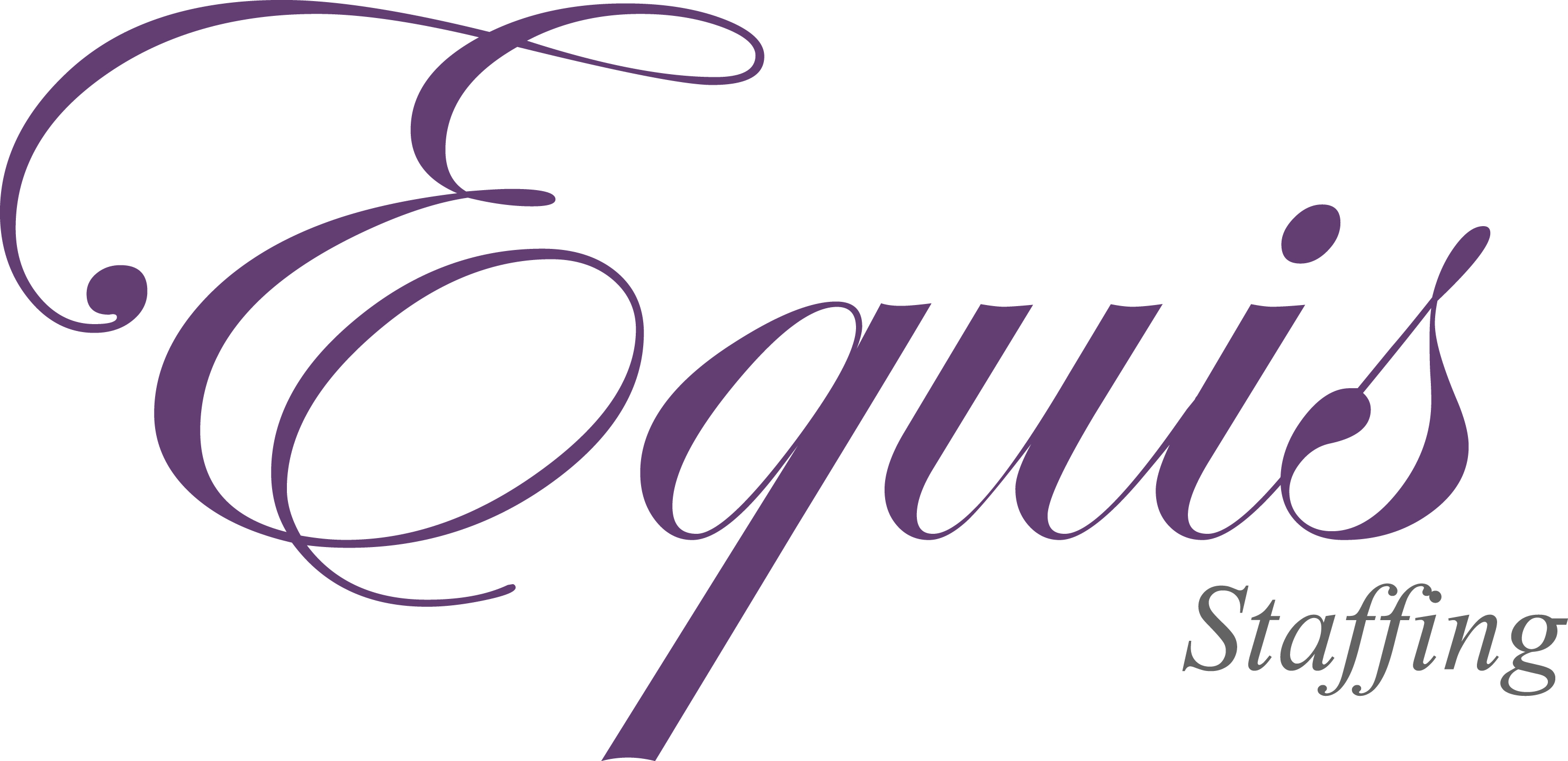Today’s job seekers are increasingly using social media to search for new opportunities, though many of them are unknowingly limiting themselves by only using professional networks like LinkedIn. Other networks like Twitter are often ignored in the job search or disregarded as ineffective for establishing professional connections. In reality, Twitter can be an effective tool for pursuing new work – if you leverage it correctly.
Here are our tips for successfully using Twitter in a job search:
1. Use a professional Twitter username.
You should use a professional username when using Twitter for job searching for the same reasons you put a professional-sounding email address on your resume. Your username and photo are the first impression that potential employers and connections will have of you, and you want that impression to be a positive one. Additionally, make sure your tweets are public. Twitter allows you to mark your profile and tweets private, but a public profile is essential if you want to make strong connections.
2. Follow strategically.
Like your job search, you want your Twitter strategy to be targeted. Follow users within your industry and companies that you want to work for. Twitter-savvy companies may tweet about new opportunities before sending them out to job websites, and they may also tweet about relevant company news, such as the development of new departments, new product lines, or trends. In addition to following the company page, you’ll also want to follow key executives and employees because these employees can be excellent sources of inside information.
3. Be active.
Simply setting up your Twitter profile won’t get you the job of your dreams. You’ll need to be active on the network in order to boost your reputation and gain new followers. Join conversations relevant to your industry and share insights or lessons you’ve learned over the course of your career. Use retweets and @ replies to form relationships with the people on Twitter that are discussing your industry. Maintaining an active presence will be beneficial for your job search as potential employers will see that you are involved in the industry.
4. Follow relevant hashtags & use search tools.
Hashtags are an important aspect of Twitter that you should take advantage of. Industry-related or job search-related hashtags can help you quickly pinpoint new opportunities. Some hashtags to follow include #Hiring, #Jobs, #Careers, and #JobOpening. You should also follow hashtags that are specific to your industry, such as #ITJobs, #TechJobs, #FinanceJobs, #AccountingJobs, or #BusinessJobs.
In addition to hashtags, you should also use Twitter’s search bar to look for job openings. An effective search might include your desired location, “hiring,” and the job title you are interested in. This should bring up open jobs in your area.
5. Write a great bio.
Just like your LinkedIn summary, your Twitter bio is a great way to introduce yourself to potential employers. Be sure to include relevant keywords in your bio to ensure that it is searchable. These keywords can relate to your skill set and the type of position you are looking for. Your Twitter bio is not about being clever – it’s about being found by a potential employer or recruiter. And don’t forget to include your location for more targeted results.
6. Showcase your personality.
While you want to convey a professional image on Twitter, there is also room for your personality. Talk about your interests and let people know who you are as a person. Unlike LinkedIn, Twitter is not a strictly professional network so there is more flexibility.
Have you had success in using Twitter during your job search? Share your experience with us!
If you are looking to hire an IT, Accounting, or Finance professional, or work in any of those fields and looking to advance your career, you can contact Equis Staffing via email at info@equisdifference.com or give us a call at (818) 444-0100.





.png)
Comments